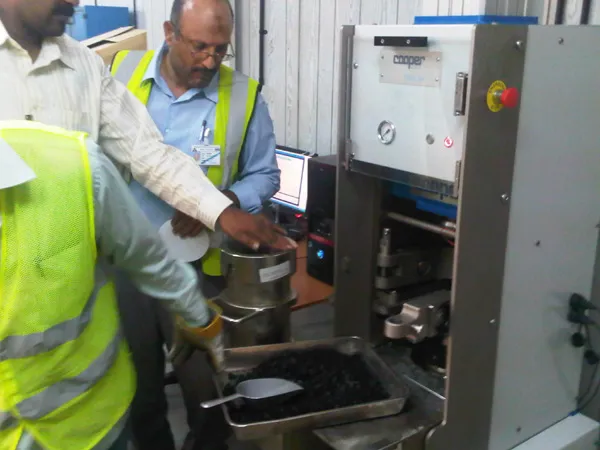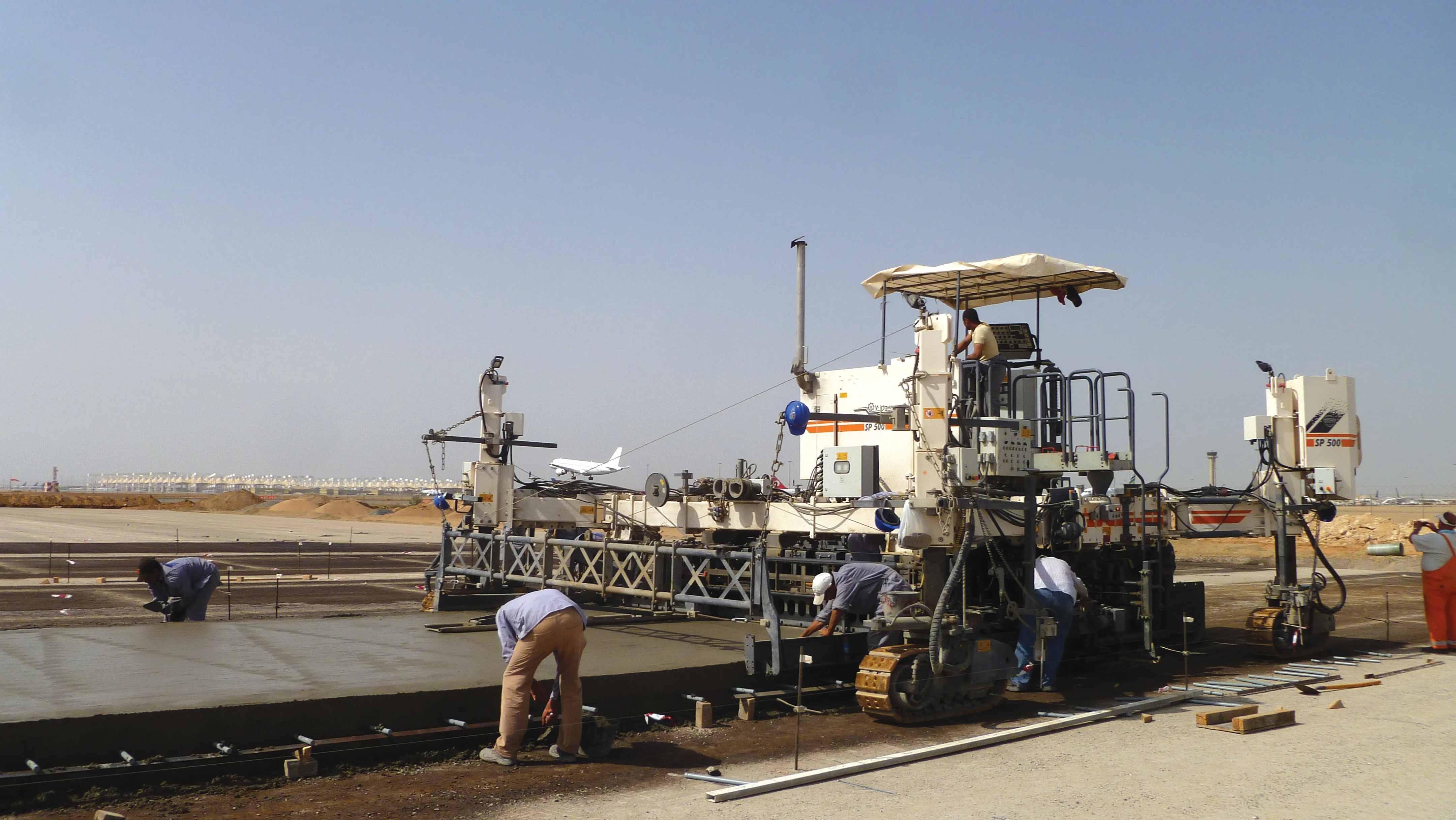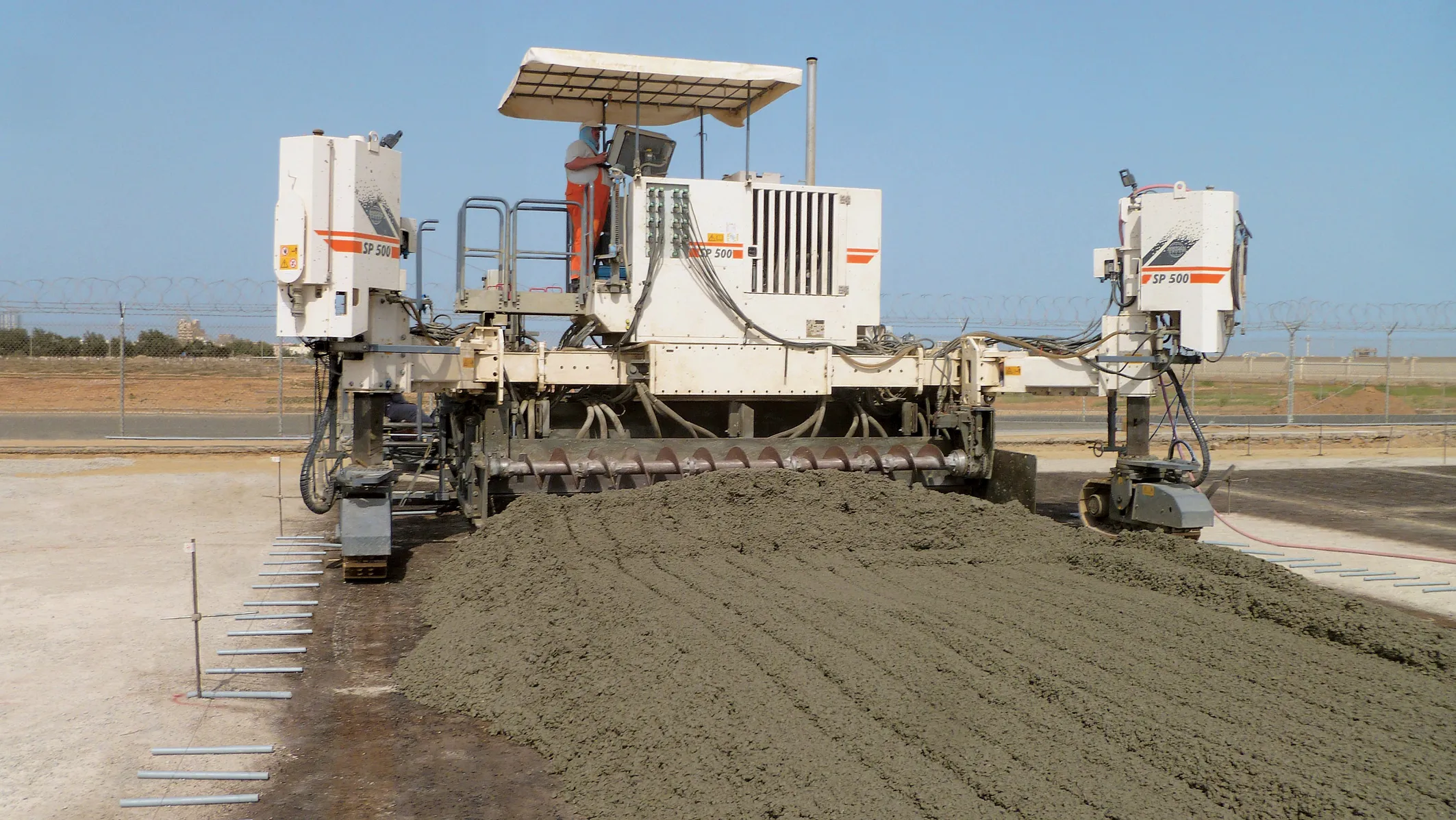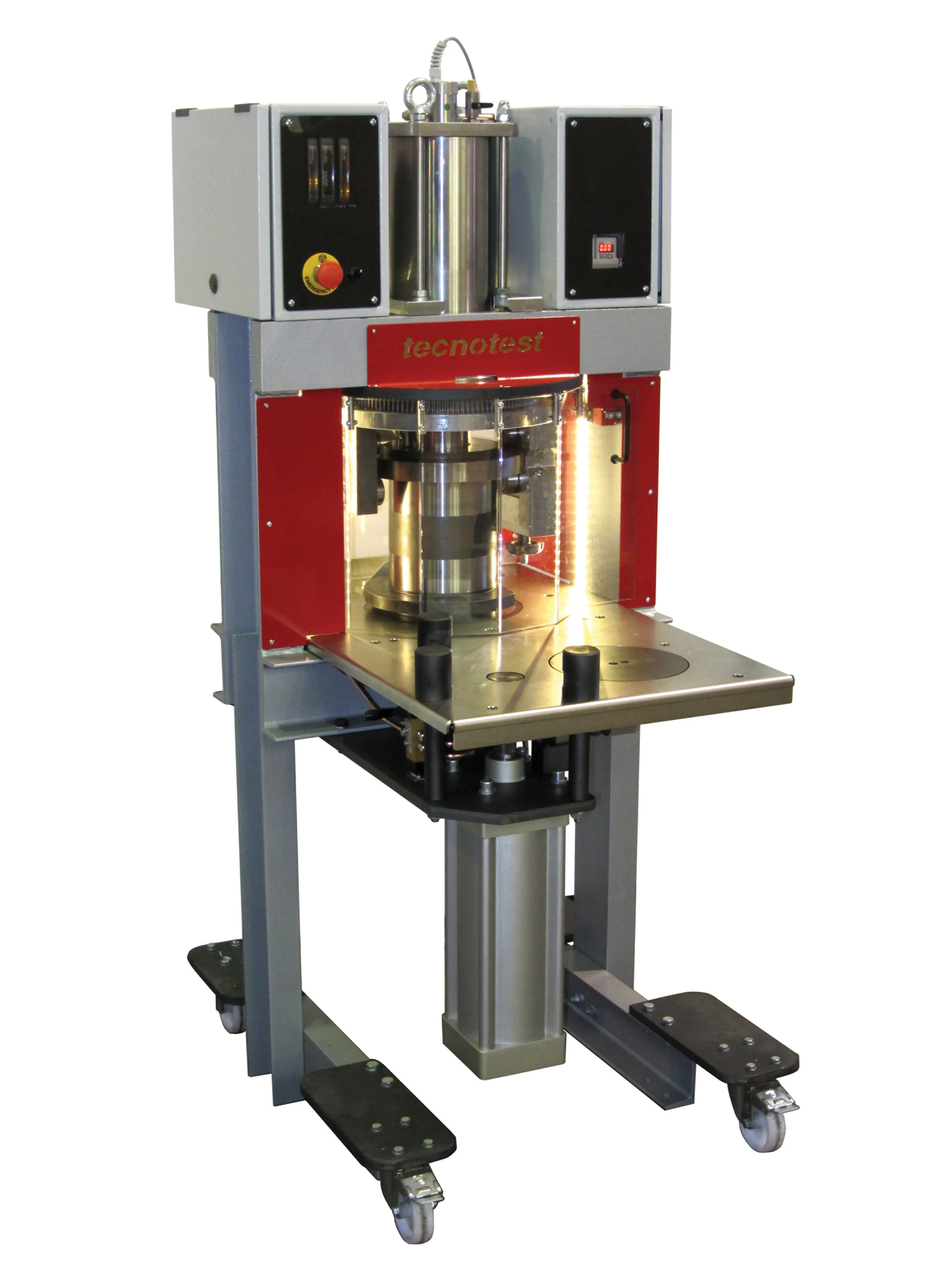A huge project in Oman will see a proposed new terminal at Muscat International Airport, which has been budgeted at US$1.17 billion, completed by 2014. It will have the capacity to handle 12 million passengers annually, and further expansions planned by The Ministry of Transport and Communication in three subsequent phases will ultimately boost the airport’s capacity to 48 million passengers annually by 2050.
February 9, 2012
Read time: 3 mins

A huge project in Oman will see a proposed new terminal at Muscat International Airport, which has been budgeted at US$1.17 billion, completed by 2014.
It will have the capacity to handle 12 million passengers annually, and further expansions planned by The Ministry of Transport and Communication in three subsequent phases will ultimately boost the airport’s capacity to 48 million passengers annually by 2050.The project programme is to have the new control tower and second runway completed and operational by the end of 2013, and the passenger terminal with 32 boarding air bridges built between the two parallel runways, a year later. The existing runway at the airport will be upgraded and supplemented with the new runway, which will be able to handle the world's largest passenger plane, the Airbus A380.
A second passenger terminal building, planned in the next phase, will be linked to the first via a system of high-speed trains, and the project also includes a three-lane motorway to the airport, complete with a companion interchange feeding into the existing motorways.
A project of such a scale requires a team able to ensure impeccable standards are achieved in its planning and its implementation, with the successful format including the set-up of an asphalt testing laboratory to ensure that the bituminous mixtures designed and laid out on the runways and pavement are adapted, and also to reduce future maintenance costs.
Consultants engaged by the Omani Ministry of Transport contracted
“Our mission is focused on offering end-to-end asphalt and associated materials testing solutions. Based on a strong reputation for precision, robustness, aftercare and lifetime value, this is delivered through continual innovation and a focus on developing relationships with our customers all over the world. Needs are constantly evolving and so should high-technology testing equipment,” says Andrew Cooper.
“Having managed to understand together with the customer its specific needs and deliver an economic workable solution that will be part of the overall success of this project is a great achievement for our design and development team.”
The list of equipment supplied included a vibrating roller compactor. Roller compaction is considered to be the method of laboratory specimen compaction that results in slabs of asphaltic paving materials with properties that most closely resemble those found in the highway. Slabs can be compacted to target mixture densities using loads that are equivalent to those of full-scale compaction equipment. Once compacted, the slabs can be placed in the wheel tracker with no demoulding required, which saves operator time.
Wheel tracking is popular because it is more simulative than other laboratory methods of assessing resistance to permanent deformation, and results have been shown to correlate well with in-service pavement rutting. The gyratory compactor was also offered with additional features. Gyratory compaction is considered to be one of the best methods of laboratory compaction for the assessment of compactibility.
The equipment was successfully installed and is now fully operational after an intensive training of the laboratory team of the project.









